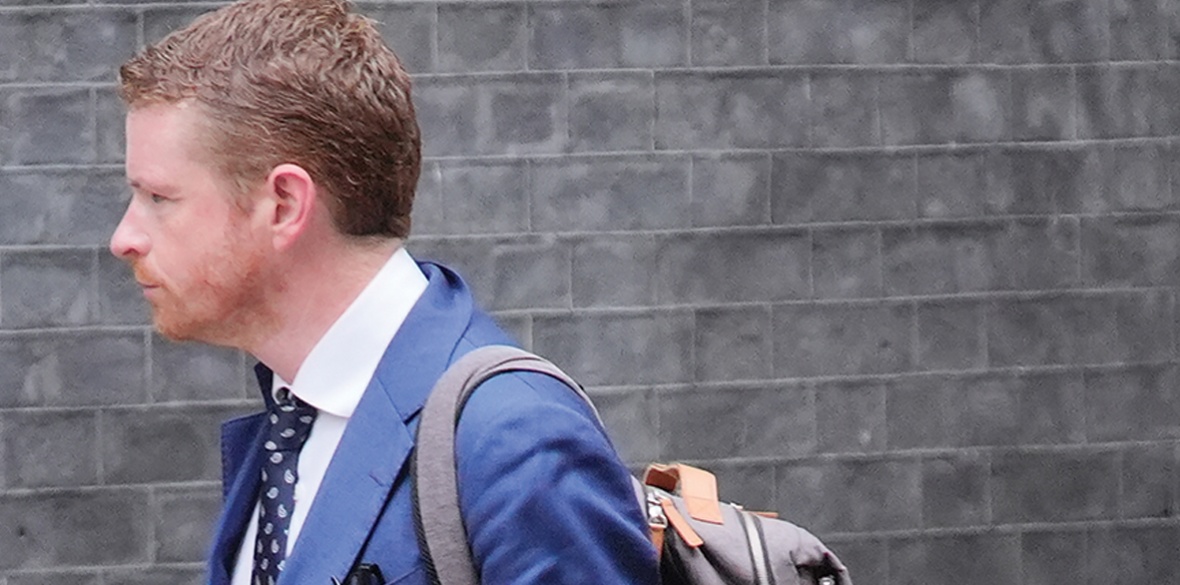This is the last article you can read this month
You can read more article this month
You can read more articles this month
Sorry your limit is up for this month
Reset on:
Please help support the Morning Star by subscribing here
DAVID BUTLER, who died at 98, was a key figure in how British elections were understood and analysed from the late 1940s on.
He authored books after each general election reviewing the results and was a familiar figure on BBC election night programmes. In that sense he is part of Britain’s post-1945 social history himself.
Michael Crick’s biography reveals that Butler’s original interest was in cricket statistics but on returning from service in the army in 1945 he found few matches being played and switched his attention to politics.
Psephology, the study of elections and voting, was and is not without its critics, however.
Below is a footnote that EP Thompson made to his A Psessay in Ephology about the 1959 general election. It appeared in the last issue of the New Reasoner, No9, Autumn 1959 which merged with Universities and Left Review to become the New Left Review in 1960.
The footnote, though over 60 years old, does seem to capture quite well the relation between the media, leaders’ debates and opinion polls currently: “A psephologist is a man employed by the mass media to research into what people think the mass media has told them to think. An ephologist is a man employed by the Observer or BBC to interpret the results of psephology and who makes an ephing good thing out of it.”
It remains an issue 60 years on.
As a recent Morning Star editorial underlined, since the July election, the Labour government has come under relentless attack from the right-wing media.
Of course those on the left can find a good deal to criticise. There is the two-child benefit cap and the cut to winter fuel payments and also a policy on refugees that appears at best little different to that of the Tories.
Yet the reality is that the attacks from the likes of the Telegraph, the Mail and GB News come not particularly because of Keir Starmer — although he rarely helps matters — but simply because this is what they do when a Labour government, of any character and politics, is in office.
One result has been a dramatic decline in support for Labour and Starmer’s popularity, which was only ever going to be temporary covering the ejection of the Tories from office.
However, ephology has played a key role. Peter Mandelson is not usually someone anyone on the left can agree with but, addressing Labour’s issues in the Murdoch Times recently, he noted that attacks on Labour were no longer driven just by click-bait stories — dramatic media headlines — but by algorithms.
In other words when it comes to Twitter and Facebook, the message that Labour is bad and the Tories and Reform have good points is relentlessly driven home.
Underlining that are relentless opinion polls from YouGov and the like highlighting Labour’s polling decline.
There is no guarantee that the polls are actually accurate — they were well out on the 2024 general election result — overestimating Labour support. However, they have an effect in influencing public opinion.
There are several ways to deal with this.
One was used by Morgan McSweeney before the election. He ran small focus groups to find out what specific interests and areas were thinking and then adapted Labour policy to fit.
Hence there was a focus on winning back former Labour voters, who in 2019 chose the Tories, many of whom may not have had a positive view of refugees.
An alternative is that developed by Jeremy Corbyn from 2015-19. Building a mass party over 500,000 members meant there were people in workplaces and communities to refute the lies of the millionaire press and social media.
In the longer term it’s the only real way to deal with ephology.










